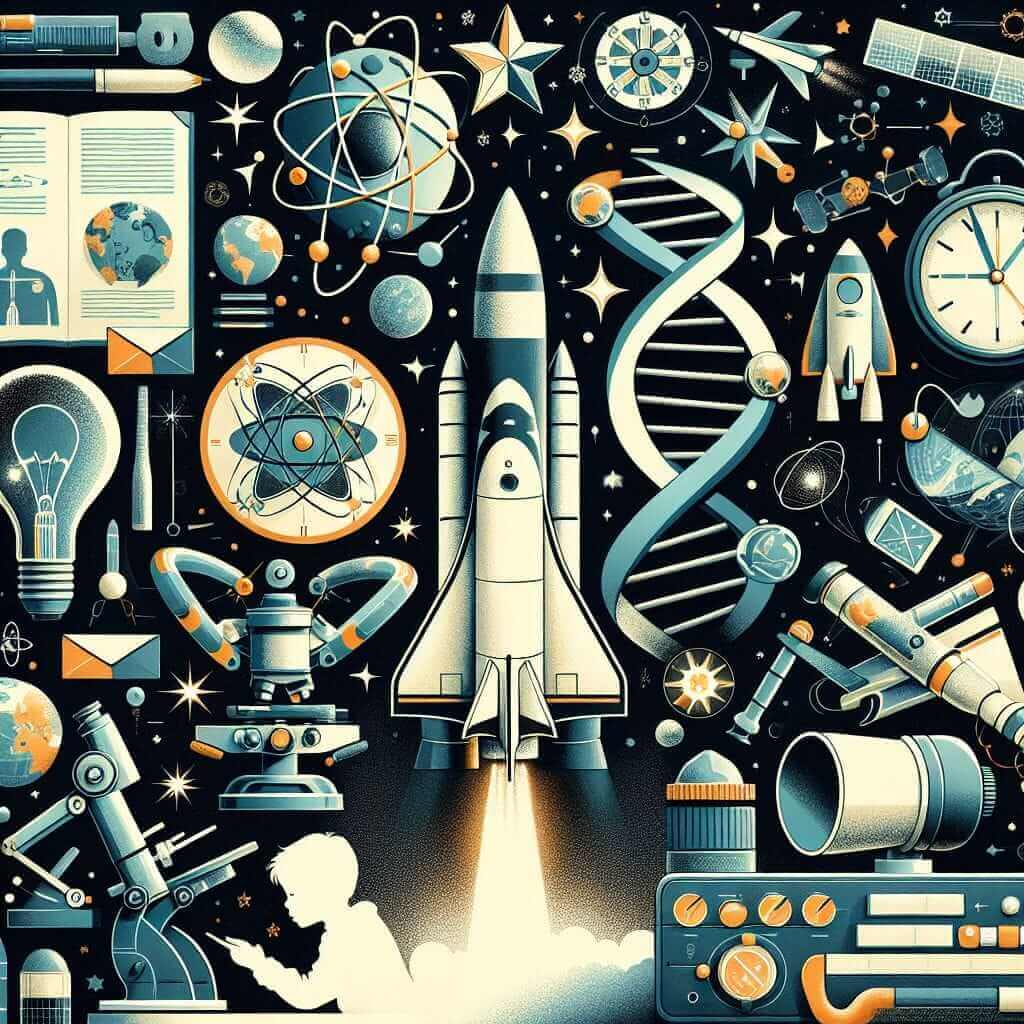Space exploration, the relentless pursuit of knowledge beyond Earth’s boundaries, frequently graces the realm of IELTS Writing Task 2 essays. This captivating topic delves into the merits and drawbacks of venturing into the cosmos, often prompting candidates to analyze its implications for humanity.
Nội dung bài viết
Let’s consider a few potential essay prompts related to space exploration:
- Many argue that space exploration is a waste of resources that should be directed towards pressing issues on Earth. To what extent do you agree or disagree?
- What are the main benefits of space exploration? Do these outweigh the potential risks and costs involved?
- Space exploration has led to numerous technological advancements. Discuss the impact of these advancements on our daily lives.
Sample Essay: Unveiling the Benefits of Space Exploration
For this exercise, let’s delve into the following question:
What are the main benefits of space exploration? Do these outweigh the potential risks and costs involved?
Analysis
This question requires a balanced analysis of the advantages and disadvantages of space exploration. You’ll need to provide compelling arguments for both sides, ultimately presenting a clear and well-supported stance on whether the benefits outweigh the risks.
Model Essay:
Space exploration, a testament to human curiosity and ambition, has long been a subject of fervent debate. While critics contend that its exorbitant costs and inherent risks outweigh its benefits, proponents argue that the knowledge gained and technological advancements spurred by venturing into the cosmos far outweigh any drawbacks. This essay will delve into the multifaceted benefits of space exploration and posit that they indeed justify the associated risks and financial investments.
One of the primary benefits of space exploration lies in its capacity to advance scientific understanding. By studying celestial bodies and the vast expanse of space, we gain invaluable insights into the origins of the universe, the formation of planets, and the potential for life beyond Earth. For instance, the ongoing exploration of Mars has provided compelling evidence of past water activity, fueling speculation about the possibility of ancient Martian life. Such discoveries not only deepen our understanding of the universe but also challenge our place within it.
Moreover, space exploration serves as a crucible for technological innovation. The challenges posed by venturing into the harsh and unforgiving environment of space necessitate the development of cutting-edge technologies that often have far-reaching applications on Earth. The development of lightweight materials, advanced robotics, and sophisticated communication systems, all driven by the demands of space travel, has revolutionized industries ranging from medicine to telecommunications. For example, the miniaturization of electronics, initially spurred by the need for compact spacecraft components, paved the way for the ubiquitous smartphones we rely upon today.

However, critics argue that the vast sums of money channeled into space exploration could be better spent addressing pressing issues on Earth, such as poverty, hunger, and climate change. While these concerns are undeniably valid, it is essential to recognize that space exploration is not a zero-sum game. The technological advancements and scientific breakthroughs derived from exploring the cosmos often have direct applications in tackling these very challenges. For instance, satellite technology, initially developed for space exploration, now plays a crucial role in monitoring climate change, predicting natural disasters, and facilitating global communication.
In conclusion, while the risks and costs associated with space exploration are undeniable, the profound benefits it offers in terms of scientific advancement, technological innovation, and its potential to address global challenges far outweigh any drawbacks. By continuing to invest in our journey beyond Earth, we unlock invaluable knowledge, inspire future generations, and pave the way for a brighter future for all humankind.
(Word count: 389)
Writing Tips:
- Balanced Approach: Present a balanced analysis, acknowledging both the advantages and disadvantages of space exploration.
- Specific Examples: Support your arguments with concrete examples from real-world space missions and technological advancements.
- Cohesive Structure: Use clear topic sentences and transition words to guide the reader through your essay.
- Formal Language: Maintain a formal tone throughout your essay, avoiding contractions and colloquialisms.
Vocabulary:
- Crucible: (n) /ˈkruːsɪbl/ – A situation of severe test or trial.
- Ubiquitous: (adj) /juːˈbɪkwɪtəs/ – Being or seeming to be everywhere at the same time.
- Exorbitant: (adj) /ɪɡˈzɔːrbɪtənt/ – Unreasonably high; excessive.
- Crucial: (adj) /ˈkruːʃl/ – Decisively important.
- Posit: (v) /ˈpɒzɪt/ – Put forward as fact or as a basis for argument.
Conclusion
Space exploration, while a topic of considerable debate, offers undeniable benefits to humanity. Mastering the art of articulating these benefits in a clear, concise, and persuasive manner is key to achieving success in your IELTS Writing Task 2 essay. Remember to practice writing essays on a variety of topics, focusing on developing a strong vocabulary, using varied sentence structures, and presenting well-reasoned arguments.